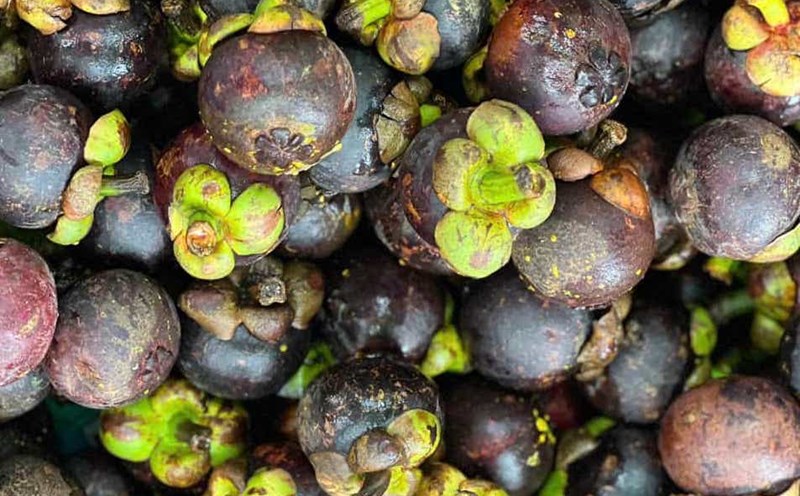According to a report from the Journal of Functional Foods, Malabar spinach contains natural polyphenols, flavonoids and alkaloids that have anti-inflammatory, antioxidant and lipid metabolism properties.
A study on a rat model featuring a high-fat diet showed that Malabar spinach extract helps reduce fat accumulation in the liver by up to 32% and significantly reduce the liver enzyme index ALT, AST compared to the control group.
In particular, Malabar spinach contains rutin and apigenin - two flavonoids known for their ability to inhibit peroxidase lipids, protecting liver cell membranes from damage caused by free radicals.
Malabar spinach has the effect of regulating genes related to lipid metabolism such as SREBP-1c, PPAR-α and FAS, which play an important role in the synthesis and breakdown of fatty acids in the liver.
Therefore, regular consumption of Malabar spinach can help reduce endogenous triglyceride synthesis and increase fatty acid oxidation, thereby reducing fat accumulation in the liver.
Thanks to its rich vitamin C, beta-caroten and soluble fiber, Malabar spinach also helps improve digestive function and promote the excretion of bad cholesterol (LDL) through the intestines - an important factor in controlling fatty liver.
Malabar spinach is cool and slightly sweet, very suitable for cooking summer dishes such as Malabar spinach soup with shrimp, lean meat or cooked with squid.
Processing ripe Malabar spinach helps reduce the risk of affecting the lungs - a problem that has been noted when consuming raw vegetables in large quantities.
According to the recommendation of the National Institute of Nutrition of Thailand, the safe consumption of Malabar spinach is about 100-150g per day for adults, so it should be cooked to optimize beneficial active ingredients and ensure safety.
Although it is a beneficial food, Malabar spinach should not be used in raw smoothies or raw juices, because it can cause bronchial spasms in some sensitive people.
In particular, pregnant women should consult a doctor before using because there are some reports that raw Malabar spinach can stimulate uterine contractions.











